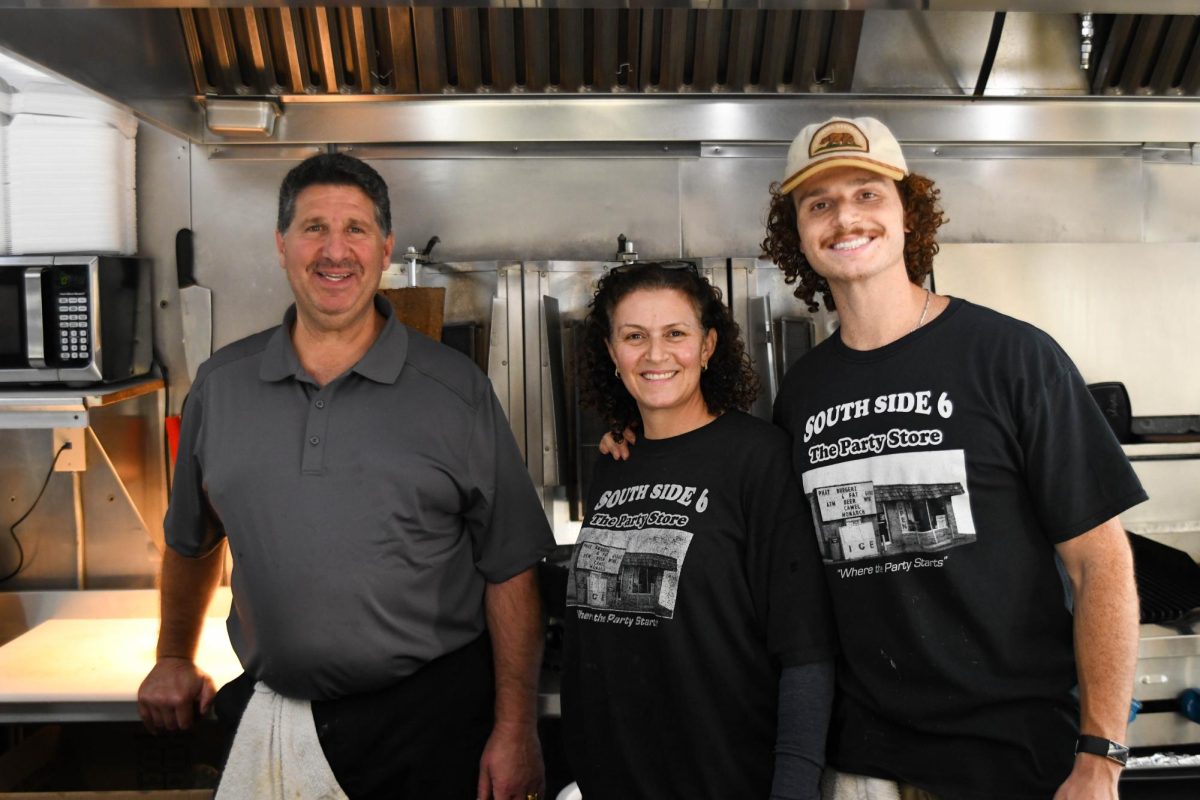She came to Bowling Green from England in hopes of getting a master’s of fine arts degree and maybe experiencing an adventure in the United States.
She left with the MFA, a doctorate in creative writing, and also met the man she would eventually marry.
Sounds like a beneficial trip with some luck involved, to say the least.
But luck seems to follow author and Texas A’M University-Corpus Christi English professor, Vanessa Furse Jackson, where ever she goes.
Recently, she has had a collection of short stories published entitled, “What I Cannot Say to You.”
For some, getting a book published can be long and difficult, but not so far for Jackson.
“The process of getting this particular book published was astonishingly easy–I was lucky,” Jackson said. After sending out a query letter and the first two stories to five publishers, the University of Missouri Press showed immediate interest, and wanted to see the whole manuscript. Four months later, Missouri offered to publish the stories, and Jackson accepted.
“I just sent the right stories to the right press, I guess,” Jackson said.
The stories are set in England and explore the idea of friendship and how these friendships are tested. Jackson said having the stories take place in England helped her creatively. “My imaginative life is still rooted in where I come from. Much literature is regional, to some extent,” Jackson said. While the location may be set in England, Jackson did not limit her thinking to one place.
“The stories in the book come from a wide variety of places in my head. Some use settings familiar to me, and some bounce off people I once knew or memories I have,” she said. “But whereever they started from, the stories took off somewhere I hadn’t expected and did their own thing.”
Though having the stories published was relatively easy, the actual writing of them took some time. Not the first draft necessarily, but the fine-tuning of the stories was time-consuming. Jackson found the revision to be entertaining.
“I love words and the precision of the language,” she said. “I love playing till I get what I want to say exactly right.”
Besides constant writing, Jackson advises that aspiring writers capitalize on the pity some people might want to give. “Find a sympathetic but critical reader who’ll critique your work in progress,” she said.
She also stresses that it is important for writers to think for themselves, and realize there is no specific trick to getting published.
“There’s no magic formula to getting published,” and there is a lot of luck, Jackson said. “But you do need your own vision and a lot of practice. It’s harder to gain skill than you think when you start. Luckily, most of us tend to plow blindly anyways. If we didn’t, we’d get discouraged.”
Jackson’s future plans are similar to what she is doing right now and has been doing for awhile.
“Just to keep writing. One day a novel, maybe, but for now I shall keep going with the stories. I love the intellectual puzzle each one presents, the time compression and the poetic way you have to heighten and tighten the language in them.”







